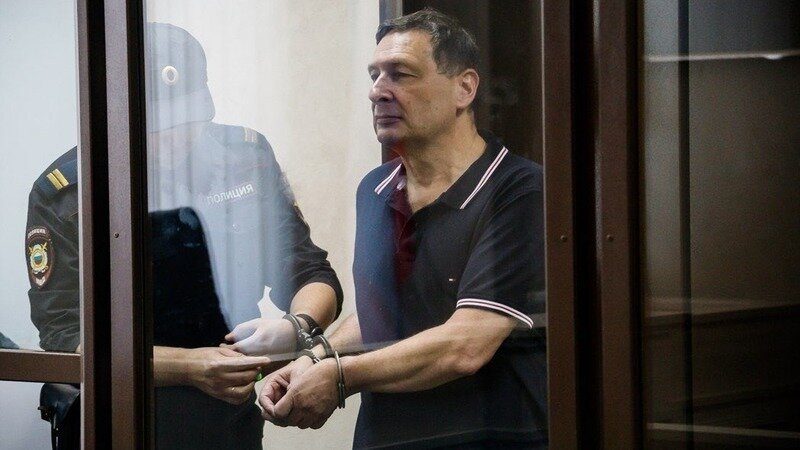Posted November 12, 2025

“Stop speaking out or even worse can happen to you”
November 12, 2025 Media Statement from the Boris Kagarlitsky International Solidarity Campaign
The Boris Kagarlitsky International Solidarity Campaign is pleased to announce that Boris Kagarlitsky was released from confinement on November 10, after spending the minimum of three days set by prison regulations for applying this sadistic regime of deprivation of sleep, heating and contact with other prisoners.
The news, which was conveyed to the Campaign by his daughter, Kseniya Kagarlitskaya, came as a great relief to Kagatlisky’s supporters.
Confinement, especially solitary confinement, is a weapon used by the Putin regime to break detainees, especially those political prisoners opposed to Russia’s war on Ukraine, as Boris Kagarlitsky is.
According to the October 2024 report by UN Special Rapporteur Mariana Katzarova, Situation of human rights in the Russian Federation: “Psychological torture in prisons, including by subjecting detainees to prolonged solitary confinement in a punishment isolation cell (SHIZO), or banishment to a psychiatric ward, can lead to death.”
Give Boris Kagarlitsky proper medical treatment!
The Campaign now demands that Kagarlitsky receive the hospital treatment for high blood pressure that was promised to his lawyer Yulia Kuznetsova three weeks ago, on October 20.
Any delay will confirm the widespread suspicion of his supporters that Putin, in a repeat of his treatment of Alexei Navalniy, is exploiting Kagarlitsky’s physical condition to “persuade” his best known opponent on the Russian left from speaking out against the war and its social consequences.
The absurd pretext for Kagarlitsky’s confinement was that he had made a mess of his cell. Yet the decision to place him in confinement not only came after prison authorities had promised that he would receive proper hospital treatment.
It also followed the release on October 15 by the platform Vestnik Buri of a remarkable YouTube interview with a digitally created Boris Kagarlitsky, which covers imprisonment, war, the leftist movement in Russia and its prospects, Stalin, and the future. (The original Russian text version of the interview is available on the Rabkor website while an English translation is available on the web site of Links–International Journal of Socialist Renewal).)
A frightened regime?
The fact that the YouTube version of the interview has been seen by over 55,000 viewers to date is surely the material motive for Kagarlitsky’s three days in confinement, ordered over the heads of the prison administration of Penal Colony No. 4 (IK-4) in Torzhok (Tver Region), where he is being held.
It is also a sign of the growing nervousness of the regime of Vladimir Putin, anxious that the repressed opposition to its invasion of Ukraine could re-emerge beyond the usual circles of dissenters and again engage the broader layers of the population. Their 2022 protests against the Kremlin’s “special military operation” had to be brutally suppressed.
The Boris Kagarlitsky International Solidarity Campaign will keep the closest possible eye on Kagarlitsky’s ongoing treatment at the hands of the Russian authorities.
We shall denounce each and every infraction of Kagarlitsky’s right as a detainee, while continuing to demand the release of all anti-war political prisoners in the Russian Federation and the occupied territories.
For further information:
United States: Suzi Weissman +1 818 521 2860
Canada: Andrea Levy +1 514 433 7890
Quebec: André Frappier +1 514 476 7306
United Kingdom: Alex Callinicos +44 (0)7703 358 909
South Africa: Patrick Bond +27 834 251 401
Europe: Alexei Sakhnin +33 758 988 815 Dick Nichols +34 683 171 461
Latin America and Australia: Fred Fuentes +61 412 556 527

